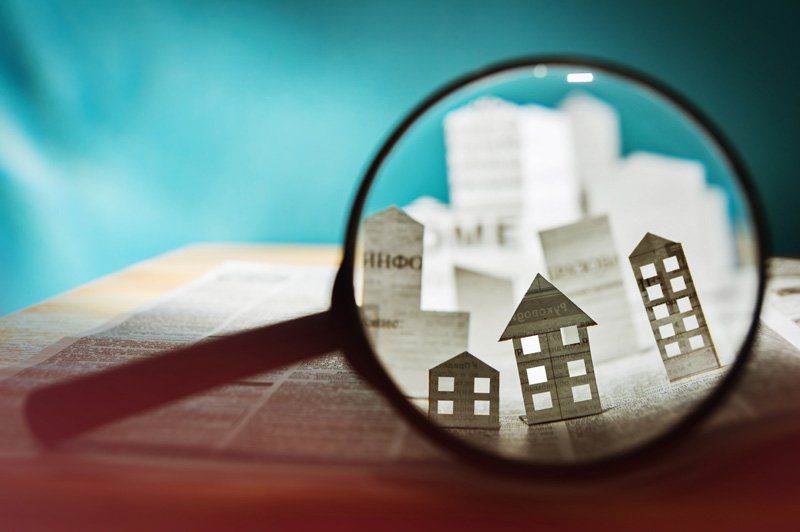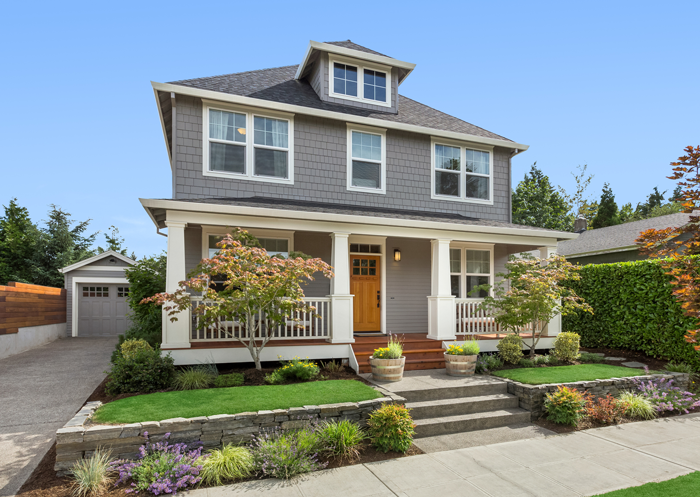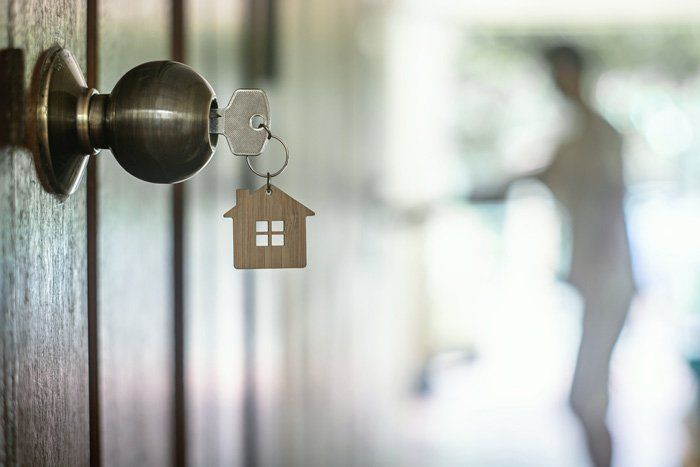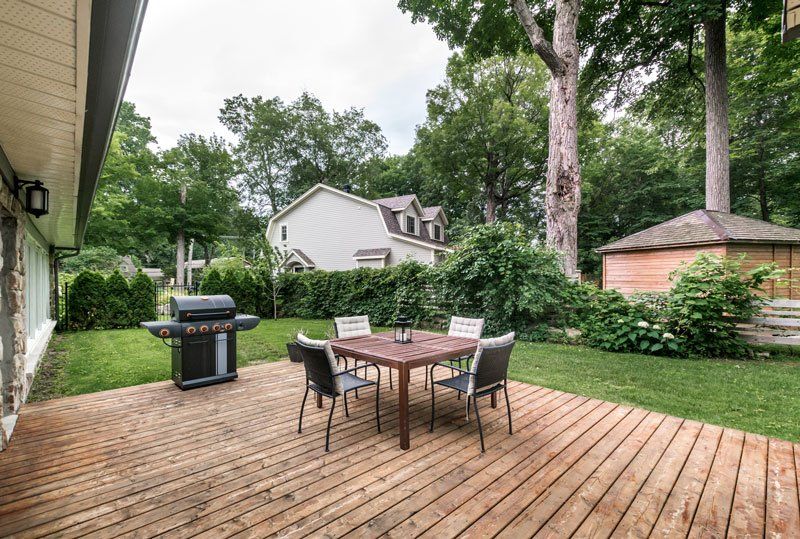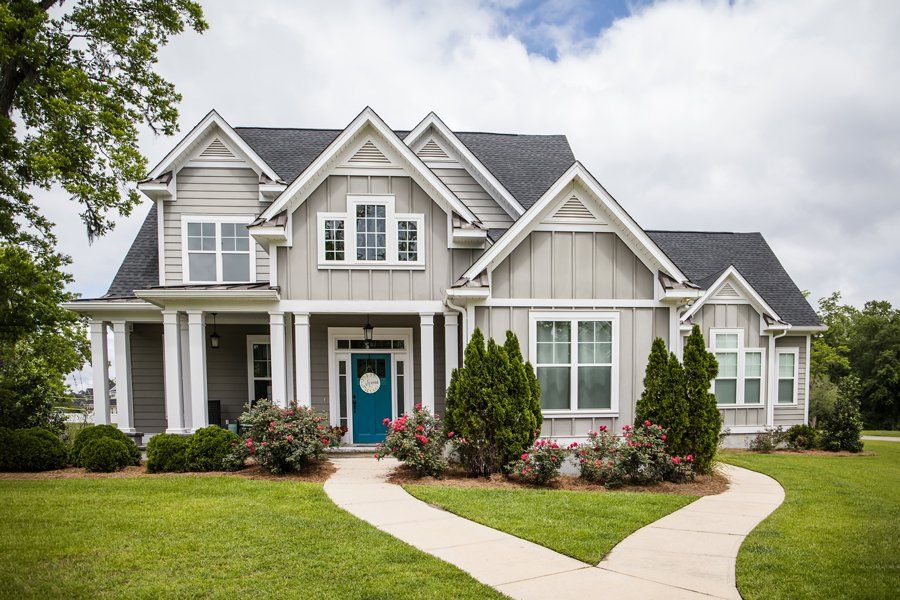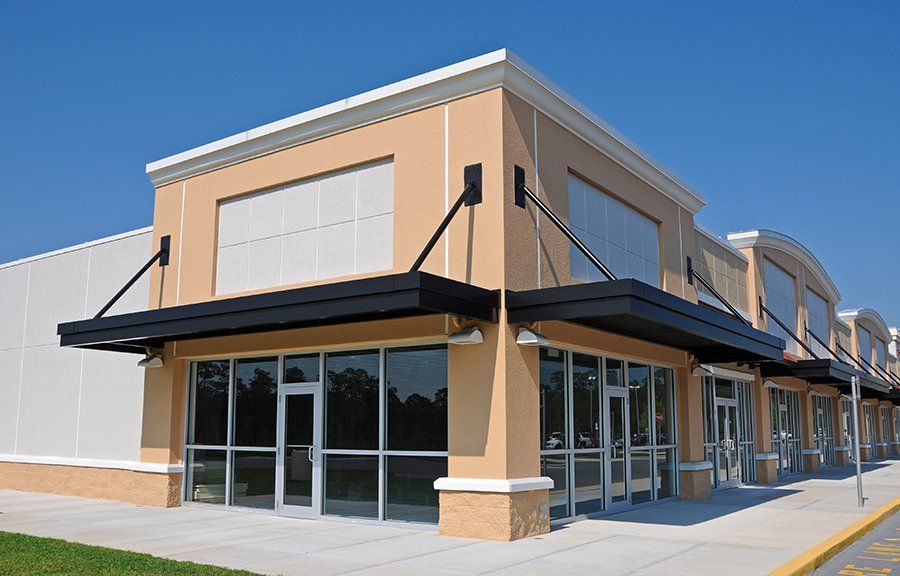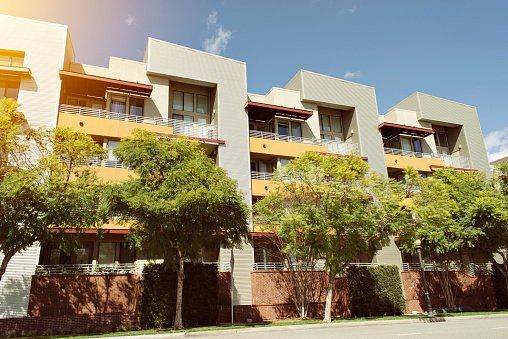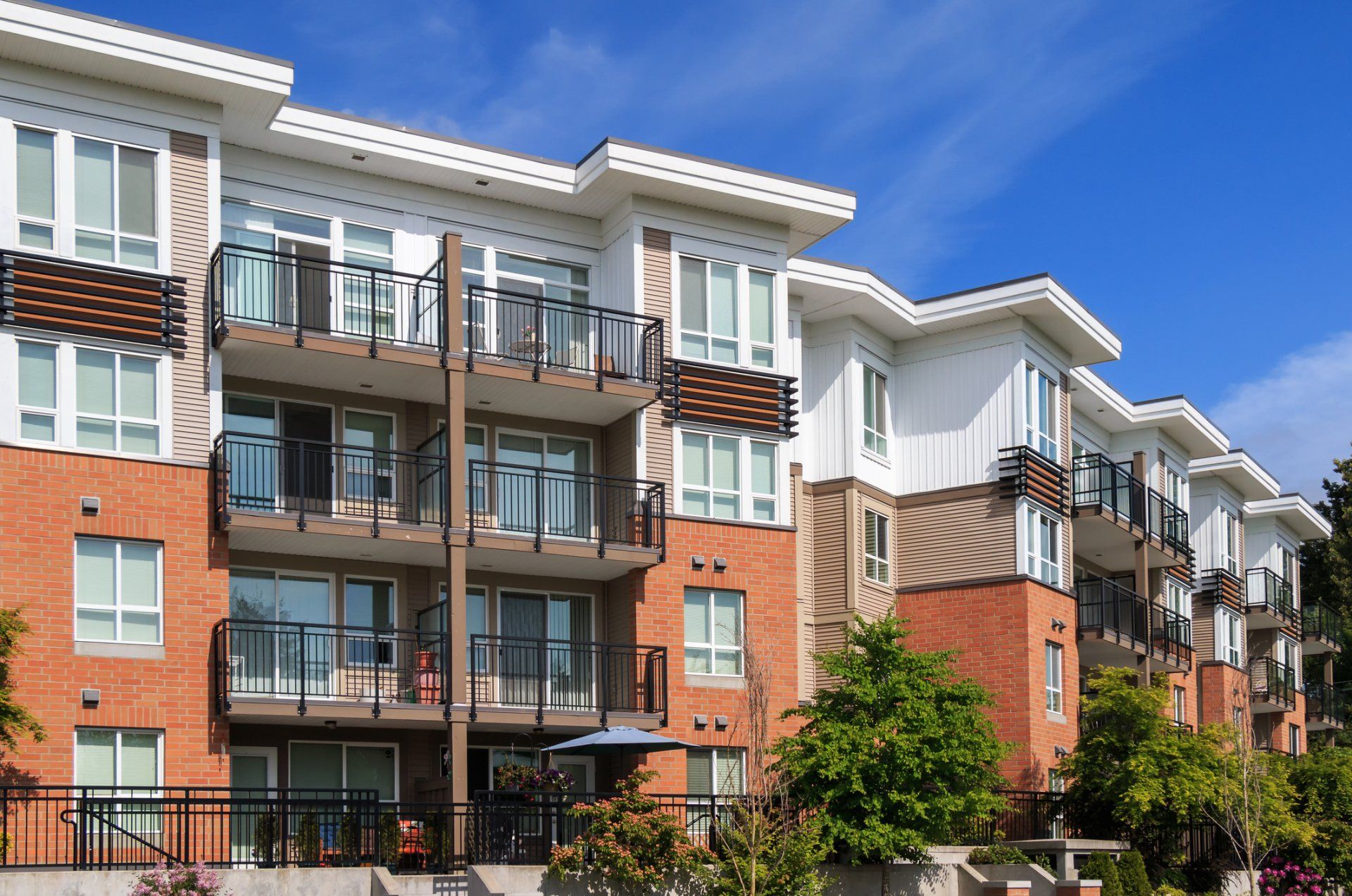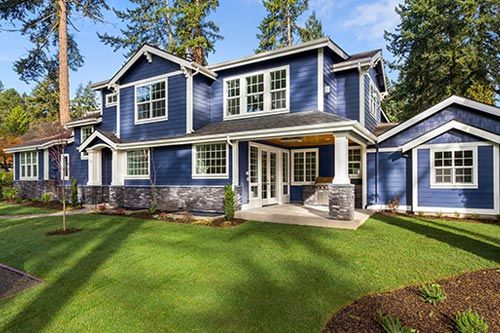
Due Diligence — What to Confirm Before Signing a Commercial Lease
- By Admin
- •
- 01 Dec, 2020
- •
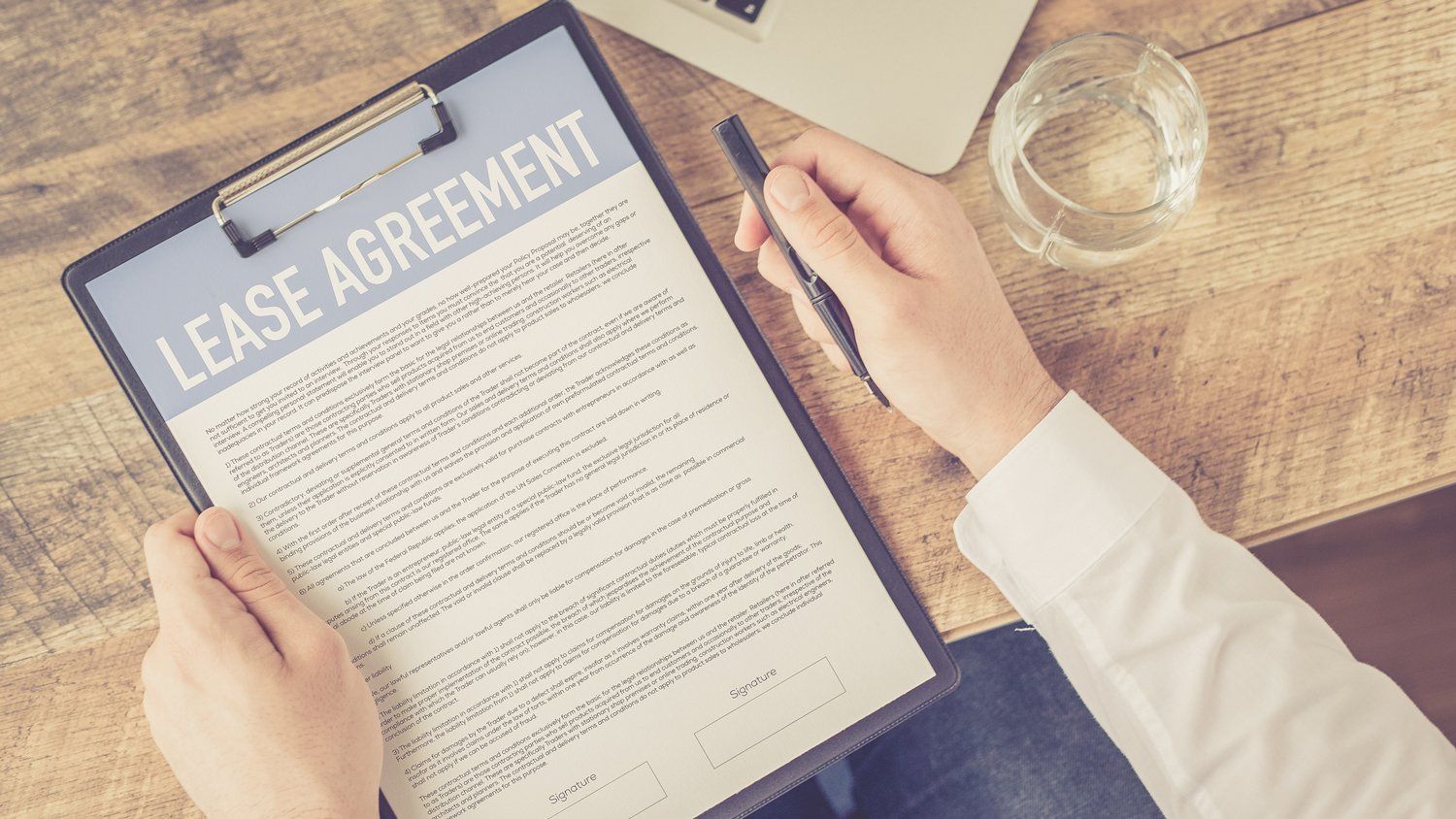
When you sign a new commercial property lease, due diligence protects your business and your finances. But what is due diligence? And what does it consist of in a commercial leasing process? Here's what you need to know.
What Is Due Diligence?
In broad terms, due diligence refers to the act of investigating to confirm the facts of a matter. This investigation doesn't necessarily need to be overly complicated, but it should reasonably match the scope of the contract or transaction being entered into.
When you sign a commercial lease, you enter into a multi-year contract that will likely cost thousands of dollars and a large investment of time and energy. Therefore, it would be due to research common elements of the lease contract to ensure that things really are as they seem - or as you believe them to be.
The means to complete due diligence vary depending on what needs to be researched. You might have a lawyer look over some documents. Or you may need to physically walk around an area or measure things on your own. And you'll need to know how to track down some important property information and documents.
What Does Lease Due Diligence Involve?
What should you research when it comes to a commercial lease? The list varies depending on the property. But there are a few common elements of the building, the owner, and the documents that most lessees include in due diligence.
First and foremost, you should have the contract assessed by legal professionals to ensure that you understand and can comply with all its terms. The lease should stipulate things like who pays for what repairs or maintenance, how disputes are resolved, what signage you may use, and options for early termination. In addition, analyze the contract for vague wording, missing items, errors, and required legal language.
Due diligence also involves ensuring that certain legal issues won't come up after you enter the lease. For instance, you might verify that local zoning ordinances allow you to run your business the way you want. Checking that the owner isn't late on their own mortgage or doesn't have unpaid property tax prevents you from suffering the fallout. And you'll want to make sure that there's proper insurance coverage.
You may want to do some less formal research regarding the owner or neighborhood. If you speak to other tenants, you can learn more about how the property owner does business. You might check out the neighborhood to see for yourself how well local businesses fare, whether there may be any natural conflicts with your business, or how much turnover there is among tenants.
Finally, verify aspects of the property itself. Is the HVAC system up-to-date? Are there any structural issues that may end up on your doorstep? Does the actual square footage match what's in the lease? Can you make the necessary tenant improvements needed? Does the building meet all applicable ADA (Americans with Disabilities Act) laws? Are all included fixtures installed and working?
Where Should You Start?
Clearly, due diligence of your commercial lease takes some time and effort, but it's an investment that your business needs. The best place to learn more about how to approach all these due diligence tasks is with an experienced commercial real estate agent who's done this before.
Realty One Group Heritage can help. With more than 30 years' combined experience, we have helped many of your North Carolina neighbors find the right commercial property to lease and making sure that they have all the information they need to make the best decision. We can help you too. Call today to make an appointment with a commercial real estate professional.


